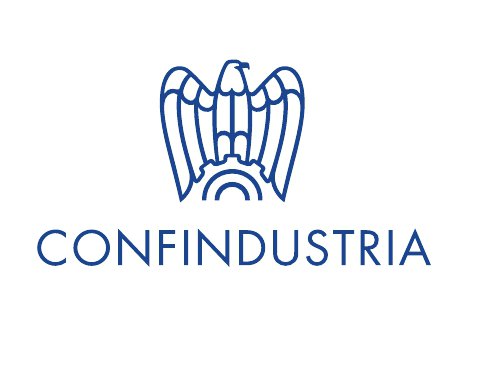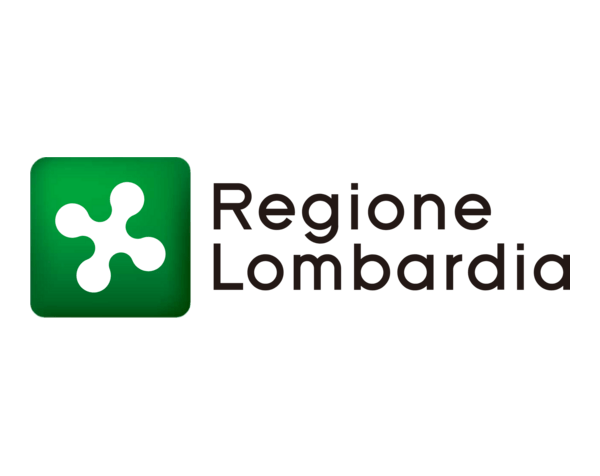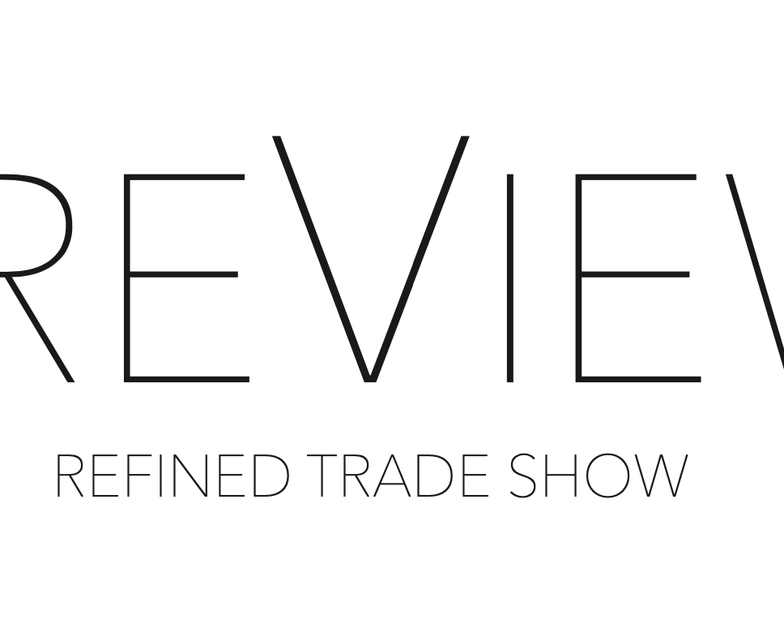Fashion is increasingly turning its gaze to legislation on restricted substances and more, as the news focuses on environmental and human rights. “A number of countries around the world are increasingly sensitive to ‘greenwashing’ and want transparency in the supply chain,” Neri Karra Sillaman* told WWD. These criteria are applicable to each “priority” sector, including tanneries and textile industries. [* Neri Karra Sillaman, founder of Moda Métiers and professor of strategy and entrepreneurship at the IESEG School of Management in Paris, interviewed by WWD.
“The fashion and luxury industry has been one sector of focus, whether it is targeted legislation on raw materials or labor coming out of certain regions (such as the Uyghur Forced Labor Prevention Act, focused on the Xinjiang region of China), or requirements to map the supply chain of their products and measure environmental and social impact (such as the proposed New York Fashion Sustainability and Social Accountability Act) or caution regarding claims of environmentally friendly or sustainable practices that cannot be supported by facts (such as recent guidance issued by the U.K.’s Competition and Markets Authority).”
Sillaman believes fashion companies should expect these types of transparency and disclosure regulations to continue, which places increased importance on understanding how their products are made and transparency around their practices.
Policy and Petitions to Watch
Given New York City’s fashion capital status, effectively raking in $10 billion to the state’s economy via the sector, eyes are understandably on the Fashion Sustainability and Social Accountability Act (S7428), better known as the “Fashion Act” which was introduced in October and kicked off its legislative season last month.
Fashion Act bill supporters include the New Standard Institute; the Natural Resources Defense Council; Environmental Advocates New York; New York Communities for Change; South Asian Fund for Education Scholarship and Training, or SAFEST; Ferrara Manufacturing; EarthDay.org; Oceanic; Uprose, and the New York City Environmental Justice Alliance.
More consumer protection bills are bubbling up, like the Consumer and Small Business Protection Act (or CSPA, S6414) in New York State.
Another bill on the agenda stateside is the Uyghur Forced Labor Prevention Act, or S65, which imposes sanctions, outright bans importation (in some cases) or sets “importation limits on goods produced using forced labor in China, especially the Xinjiang Uighur Autonomous Region,” per the bill text.
Meanwhile, lawmakers in the U.K. and European Union are similarly urging action on human rights abuses, urging their governments to block and “blacklist” investments in companies complicit in Uighur abuse.
With labor rights growing louder, union cases are becoming one focus area to watch. One union election that stole headlines last year was the Amazon unionization case in Bessemer, Ala., dubbed “BAmazon,” that was thrown out and ruled for a recount after the National Labor Relations Board ruled physical interference on behalf of Amazon.
On Friday, the Bessemer mail-in ballot election retrial will kick off. Ballots will be counted publicly at 11 a.m. EST on March 28.
With Amazon being the second-largest employer in the U.S. and considering the Bessemer facility’s 6,000-strong employee count and racial divide, the case was closely watched for its impact on the future of work. Since then, more Amazon facilities have filed for union representation, one of the latest being the Amazon warehouse in Staten Island.
The EU’s Circular Economy Action
As for countering greenwashing, various efforts are sputtering forward.
Europe is, in many ways, leading by example, although some of its efforts remain open to feedback.
The European Union’s “Circular Economy Action Plan” counts industry movers and shakers, operating under the technical guidance of the Sustainable Apparel Coalition’s Policy Hub, to inform and deliver on The Product Environmental Footprint, or PEF: a life cycle analysis grounded in Higg Co. technology. The method is prioritized by the European Commission as it looks to “help the EU shift to a climate-neutral, circular economy where products are designed to be more durable, reusable, repairable, recyclable and energy-efficient.”
In March, the commission aims to draft an overall framework for each key value sector, including the sustainable product policy initiative. As for what to expect, Baptiste Carriere-Pradal, chair of the SAC’s Policy Hub, described elements like the addition of a digital product passport, “consumer empowerment” element mitigating greenwashing language (including the use of words like “sustainable”) and a recycling scheme or waste directive.
Summarizing updates in a December conversation, he said: “Many actors were asking to have one EPR [extended producer responsibility] scheme or unilateral across countries.”
Final regulation is anticipated in the next couple of years, however France is already showing off anti-waste laws and what’s in store for textiles.
The Federal Trade Commission announced a plan to review its “Green Guides” this year following a letter from coalition PoliticallyInFashion and 40 fashion organizations. The guides outline guidance on environmental marketing claims.
Higher Testing Standards: PFAs Chase Down
This week, the U.S. The Environmental Protection Agency, although a laggard compared to other nations, cracked down on at least four more substances in a heightened attempt to reign in “forever chemicals” or PFAs after years of inaction.
PFAs are just one puzzle piece in the Biden administration’s hopeful environmental brigade in the Environmental Justice Action Plan, which saw a draft release from the EPA in January, an executive order separate from the Build Back Better infrastructure bill.
Fashion is already unable to wash itself clean of PFAs, but companies are stepping up. PVH Corp., parent company of Calvin Klein, Ralph Lauren and Tommy Hilfiger, shared a public pledge to eliminate PFAs from “our manufacturing process by 2024” per a new website page.
As of Tuesday, American Eagle and Abercrombie & Fitch have since announced commitments or updated their websites.
In an interview with WWD, Michael Redshaw, global head of technical, global softlines at chemical testing laboratory Intertek, said: “Certain chemicals found in clothing, trim and packaging can have far-reaching consequences such as toxicological exposures resulting in harm to the reproductive system, immune systems and increasing the risk of cancer, in addition to harming the environment. It could lead to skin irritation, allergies and poisoning as well.”
A slew of reports have surfaced over the past month finding high levels PFAs in consumer textile products, including bedding, tablecloths and sportswear. Yoga pants — from brands like Lululemon and Old Navy — were one culprit per a January investigation by Environmental Health News and wellness blog Mamavation, which tested 32 pieces of activewear, finding 25 percent of the apparel had detectable levels of organic fluorine (a PFAs indicator).
Groups like the Environmental Working Group have catalogued nearly 30,000 sites where manufacturers could be discharging PFAs.
Similarly, another recent report from research and advocacy firm Toxic-Free Future tested 60 items from three product categories spanning bedding, outdoor apparel and tableware linens — for total fluorine and for specific PFAs used to improve stain and water resistance. The analysis found that 35 products contained fluorine at levels above 100 parts per million, or ppm.
The “Clean Water Standards for PFAS Act” was introduced to Congress in May, and seeks to define criteria around toxic “forever chemicals” or PFAs as well as establish hard and fast deadlines (between two to four years) for “effluent limitations guidelines and standards for the discharge of each measurable perfluoroalkyl substance, polyfluoroalkyl substance and class of PFAs.” Such criteria is applicable for each “priority” industry, including textiles and leather tanneries.



